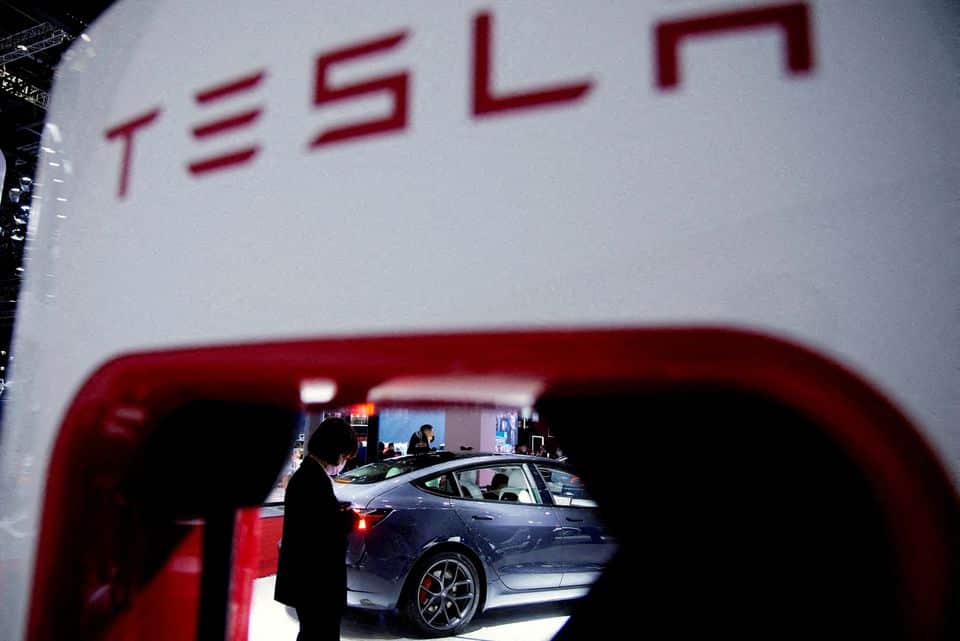China’s decision to end a more than decade-long subsidy for electric vehicle purchases has forced automakers, including Tesla (TSLA.O), to deepen discounts to maintain sales as demand eases in the world’s largest market.
The government originally planned to phase out the support scheme for EV makers and battery suppliers by the end of 2020, but extended it until the end of December in response to the pandemic.
As China grapples with the upheaval of an upsurge in COVID-19 cases and its economy grows at the slowest pace in decades, Tesla, Xpeng (9868.HK) and SAIC-GM-Wuling (600104.SS), (GM.N) have opted to hold consumer prices flat in January.
The subsidy accounted for around 3 per cent to 6 per cent of the cost of the best-selling electric vehicles in China last year, a Reuters analysis found.
Other EV makers, including Tesla’s larger rival BYD (002594.SZ) and SAIC-Volkswagen (VOWG_p.DE), have raised prices for some models but opted to absorb most of the cost of the subsidy, the Reuters tally showed.
The subsidy, paid to the automaker at the point of purchase, began in 2009 and was scaled back over time. It paid out nearly $15 billion to encourage EV purchases through 2021, according to an estimate by China Merchants Bank International.
As some consumers rushed to take advantage of the subsidy while there was time, BYD doubled its retail sales in China in December from a year earlier, while Tesla’s retail sales in China fell by 42 per cent.
J.P. Morgan said in a research note on Thursday, it expects “a transitional pain period,” with January and February industry-wide sales of EVs and plug-ins in China down between 40 per cent to 60 per cent from year-end levels.
DYNASTIES AND DISCOUNTS
BYD raised prices on its best-selling EVs, named after Chinese dynasties.
Tesla, meanwhile, is defending its market share by selling the basic, rear-wheel drive Model Y for 288,900 yuan ($42,053.63) in China, unchanged from December.
It is also offering another 10,000 yuan in cash incentives and insurance rebates for buyers in January, which means it has effectively cut prices in China by up to 12 per cent since early September, when that model was sold for 316,900 yuan.
Buyers of BYD’s best-selling electric cars have to pay 2,000 yuan to 6,000 yuan more in January, depending on the model they choose, compared to those who placed the orders in 2022, posted prices show. That represents a price hike of between 2 per cent and 3 per cent.
China’s Association of Automobile Manufacturers said in December it expected sales of EVs and plug-in hybrids to grow by 35 per cent in 2023, accounting for a third of total vehicle sales.
But William Li, chief executive of automaker Nio (9866.HK), said it could take until May for China’s EV market to begin to recover.
“It will take time for both the supply chain and consumer demand to recover,” Li told reporters last month.







Click here to change your cookie preferences